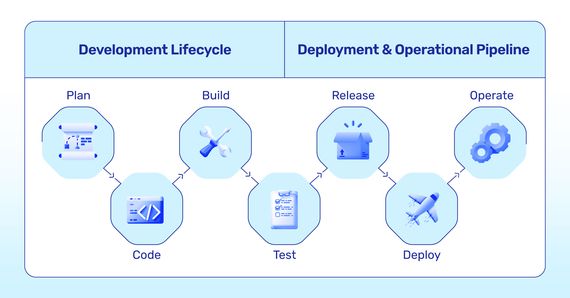
Reset Your Organization's Security Mindset with DevSecOps
Hackers pose a persistent threat to businesses, devising new ways to steal data and disrupt operations. They …
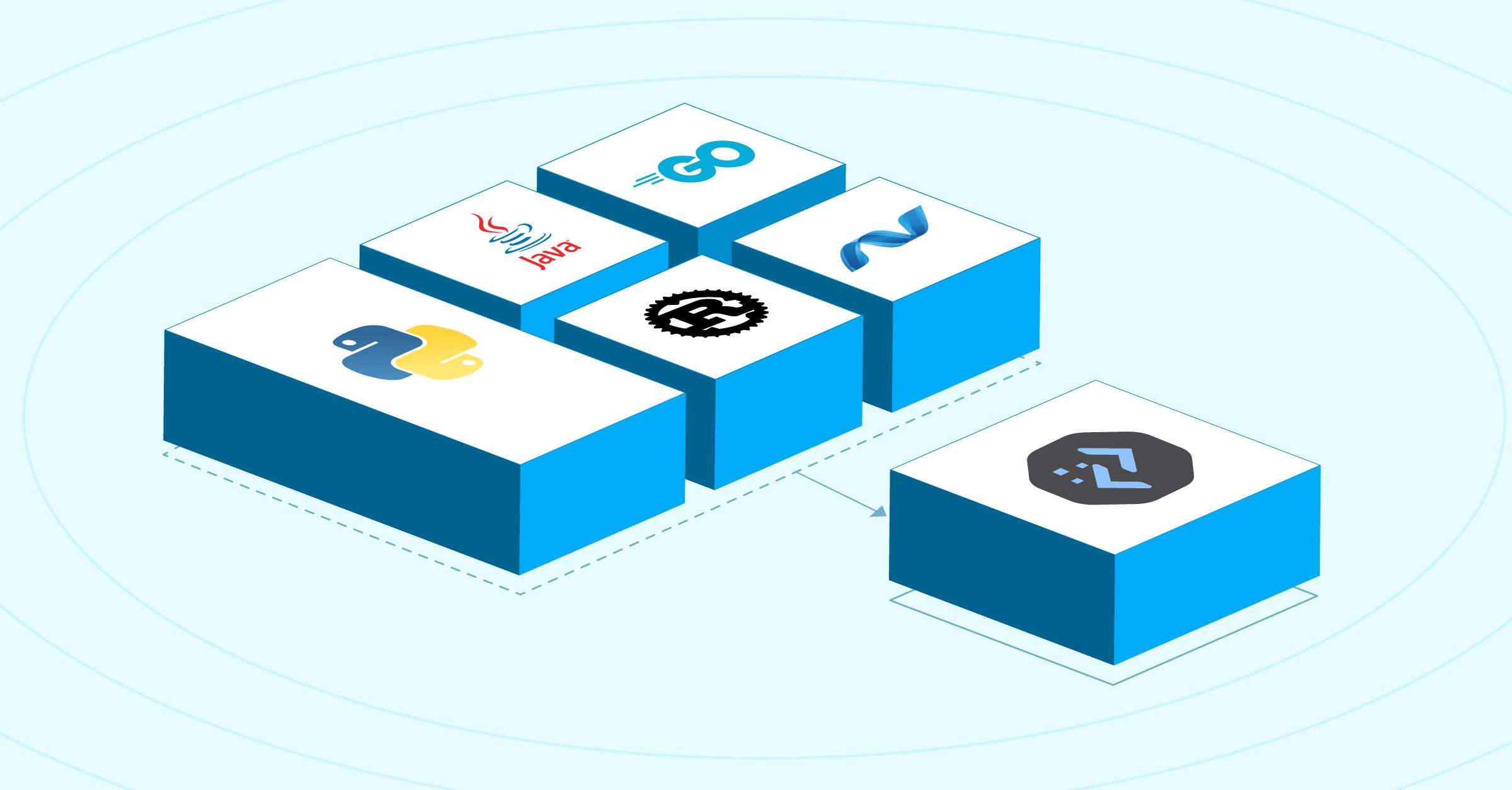
In programming, the concept of a one-size-fits-all language is a fallacy. Different languages offer frameworks and packages that make certain tasks easier. While Java excels in large-scale server-side software development, Python and R reign supreme in data science domains. The same applies to Swift, the preferred choice for mobile application development.
Each language possesses strengths suited to specific tasks, so choosing the right one for each project is crucial. Limiting development teams to a single technology stack hinders their ability to adapt as new and better languages emerge. This is particularly true for languages like Perl and Ruby, which are becoming less common, while newer programming languages like Rust, Golang, and R are paving the way.
Here’s where the language-agnostic approach comes in.
What Does Language Agnostic Mean?Language agnosticism, also known as language independence or language neutrality, emphasizes flexibility and avoiding attachment to any single programming language. This allows developers to select the optimal tools and languages for each project, ultimately leading to enhanced efficiency and fostering innovation.
The benefits of being a language-agnostic approach are numerous. It broadens your job opportunities, allows you to select the most suitable tools for each project, and provides you with a skill set that is highly valued in the tech industry.
Problem Solving: Working with different languages brings diverse problem-solving techniques into your toolkit. For instance, using languages like Haskell, which focuses on immutability and higher-order alongside Java, which is an Object- based programming language, allows for considering problems from various angles.
Enhanced Debugging: Different languages have their debugging techniques and tools, and familiarity with these can make one adept at identifying and resolving errors across different environments. This helps developers in spotting patterns in code, understanding error messages, and using debugging tools effectively to troubleshoot issues quickly and efficiently, saving time and reducing development disruptions.
Higher code quality: Using different programming styles and practices from various languages can improve the code quality. Applying the best techniques from one language to another helps in writing cleaner, more efficient code, making the software better overall.
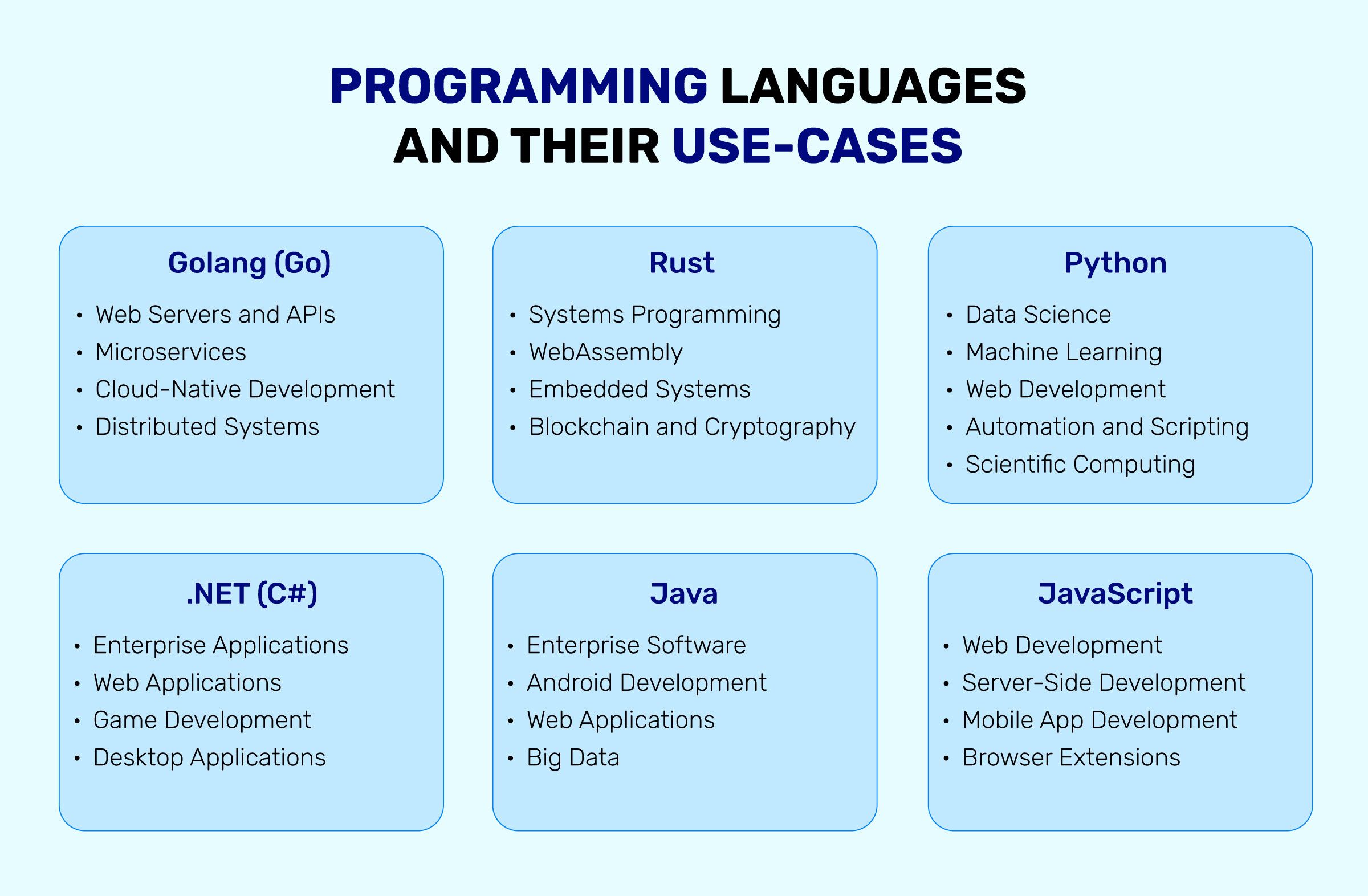
Adaptation Time: Transitioning to a language-agnostic approach requires time for developers to adjust to different syntaxes, paradigms, and tools. This initial adaptation period may temporarily affect productivity as teams familiarize themselves with new languages.
Optimization Efforts: Ensuring consistent performance across various languages demands ongoing optimization efforts. This includes fine-tuning code, infrastructure, and deployment strategies tailored to each language’s strengths and constraints, potentially extending development cycles.
Resource Allocation and Cost: Supporting multiple languages requires investing in training, tools, and maintaining skills across different ecosystems. This allocation can strain budgets and affect project timelines. Balancing these costs effectively is crucial for efficient resource use without compromising project goals.
Security Management: Managing security risks across multiple languages involves addressing security vulnerabilities and implementing tailored security measures. Each language may have its own set of vulnerabilities and best practices, requiring specialized knowledge and attention to ensure robust protection against threats.
Compage is a language-agnostic auto code generator that allows developers to easily create code in any programming language, promoting flexibility in development without being restricted by any specific language limitations.

Compage allows developers to generate backend code in multiple programming languages. Switching between languages is simplified as developers select their preferred language, and generate the code with a single click on GitHub.
Compage promotes standardized inputs, ensuring consistency in code structure and functionality across different languages. This supports a language-agnostic approach, allowing developers to focus on application logic.
Generated code from Compage is inherently secure, addressing language-specific vulnerabilities. It is also licensed, ensuring developers retain ownership rights over their code.
The generated code is clean, precise, and accurate, reducing errors and maintaining high code quality throughout development. Automated code generation with Compage minimizes manual coding efforts, streamlining development.
Interested to know more? We recently hosted a webinar focusing on the importance of technology agnosticism for developers & engineers. During the session, we introduced Capten Stack, our AI-driven SaaS 2.0 framework suite, and discussed how Compage simplifies code generation across multiple languages. Access our on-demand webinar recording for more insights.

Hackers pose a persistent threat to businesses, devising new ways to steal data and disrupt operations. They …
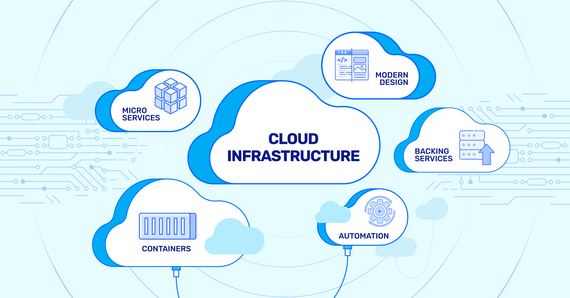
Digital transformation has reshaped how businesses operate, keeping customers at the forefront. Its urgency …
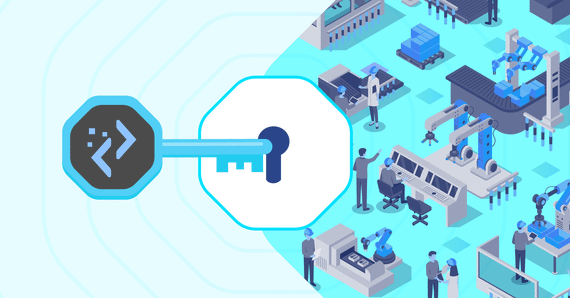
Industry 4.0 has swept through the manufacturing industry, with manufacturing technology companies finding …
Finding the right talent is pain. More so, keeping up with concepts, culture, technology and tools. We all have been there. Our AI-based automated solutions helps eliminate these issues, making your teams lives easy.
Contact Us